Our Scientific Advisors
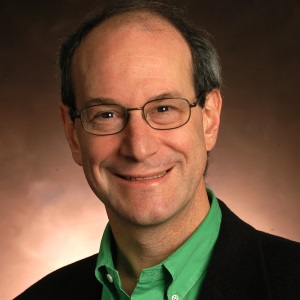
Bruce Aronow, PhD
ADVISOR
Professor Bruce Aronow is the John Hutton MD Professor of Biomedical Informatics and Co-director of the Computational Medicine Center at Cincinnati Children’s and has developed a computable data model network for chronic pancreatitis that helped determine which drugs were most likely to correct the biological problems causing pancreatitis.
The model links known genetic mutations to biological pathways and the gene signature of pancreatic cell types using Mouse and Human Single Cell Atlas data. These normal gene networks could then be connected to disease mechanisms and therapeutic targets to improve identification of drugs could increase or decrease risks of the causes and symptoms of chronic pancreatitis.
Dr. Aronow earned his BS in Chemistry at Stanford University in 1976 and his PhD in Biochemistry at the University of Kentucky in 1986. He completed his Research Fellowship at the Division of Basic Science Research, Cincinnati Children’s Research Foundation from 1986 to 1989. His patents include CFTR modifier genes and expressed polypeptides useful in treating cystic fibrosis and methods and products for detecting and/or identifying same and Altered gene expression profiles in stable versus acute childhood asthma.
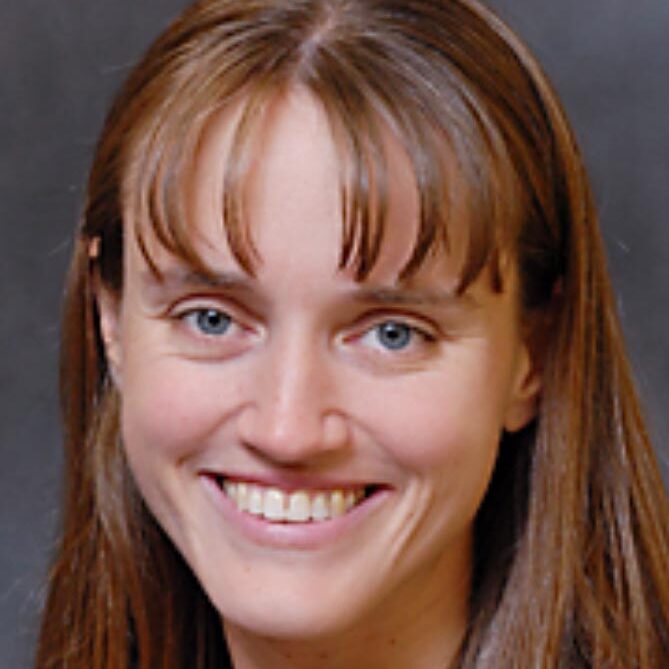
Melena Bellin, MD
ADVISOR
Dr. Melena Bellin is a leading expert on islet transplantation for patients with Type 1 diabetes mellitus and those who have had their pancreas removed to treat chronic pancreatic disease, including chronic pancreatitis.
Dr. Bellin is Associate Professor of Pediatrics and Associate Professor of Surgery at the University of Minnesota Medical School, where she completed medical school, pediatric residency and pediatric and endocrine fellowships. She also completed a Masters in Science in Clinical Research at the University of Minnesota’s School of Public Health. Dr. Bellin has published extensively on the subject of TPIAT, islet transplantation and advances in diabetes research and a frequent presenter at medical conferences around the world. Dr. Bellin has been recognized as an Innovator in Translational Research and is greatly admired and beloved by both her adult and pediatric patients.
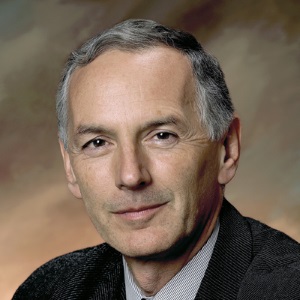
Anthony Ford-Hutchinson, PhD
ADVISOR
Dr. Ford-Hutchinson is currently a Board Member or Scientific Advisor to multiple startup companies, including the position of CSO of Rbonova Inc, as well as not for profit organizations including the Hepatitis B Foundation, SAGE Bionetworks, the Wellcome Trust, CARB-X and CEPI.
Tony has over 40 years of experience in pharmaceuticals, including an extensive tenure at Merck & Co. At Merck Frosst, Canada, Tony led teams that developed Singulair®, Cox-2 inhibitors (Vioxx® and Arcoxia®), prostaglandin DP receptor antagonist (a component of Tredaptive®) and Cat K inhibitors (odanacatib) making the Merck Frosst Laboratories the most productive discovery unit of Merck. Subsequent career highlights at Merck relating to infectious disease include the development of HIV integrase inhibitor Isentress® and development & licensing of therapies to tackle drug-resistant bacterial infections. Tony’s most recent responsibility at Merck as head of Vaccine R&D led to the commercialization of 4 vaccines; Gardasil®, Zostavax®, Proquad® and Rotateq®. Tony is a Trustee of the International Vaccine Institute.

Mark Haupt, MD
ADVISOR
Dr. Mark Haupt, MD is the Chief Medical Officer at International Flavors & Fragrances. Dr. Haupt is a Pediatric Pulmonologist who has dedicated his career to helping patients with pancreatic disease through his work in academia, the pharmaceutical industry, and his prior work with Ariel Precision Medicine.
Dr. Haupt was previously with AbbVie Pharmaceuticals, quickly accelerating from their Physician Professional Development Program to a leadership role in the US Medical Affairs organization and earning the President’s Award. He completed a residency in general pediatrics at the University of Chicago Medical Center, earning intern and resident of the year awards. After serving an additional year as Chief Resident, Dr. Haupt completed a fellowship in Pediatric Pulmonary Medicine at the Ann & Robert H. Lurie Children’s Hospital of Chicago. His research focus was cystic fibrosis, specifically examining epidemiological data to evaluate nutritional outcomes.
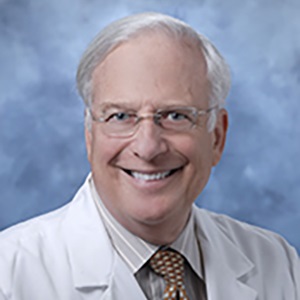
Stephen Pandol, MD
ADVISOR
Stephen Pandol, MD, is Director of Basic and Translational Research at Cedars-Sinai Medical Center and Professor of Medicine, University of California Los Angeles.
His career has been devoted to understanding the mechanisms of pancreatic diseases, both inflammatory and malignant. He leads lab based studies using mechanistic understanding to develop new therapeutics and clinical projects at the local and national level to test prevention and treatment strategies for pancreatic diseases. Dr. Pandol attended medical school at Saint Louis University School of Medicine. Click here for more on Dr. Pandol.
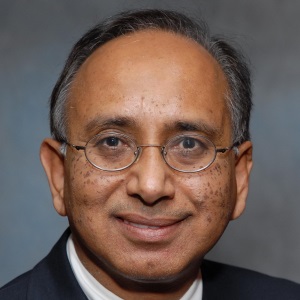
Ashok Saluja, PhD
ADVISOR
Dr. Ashok Saluja obtained his doctoral degree in Biochemistry from Washington State University in 1980. After a post-doctoral stint at Cornell University, he joined Harvard Medical School where he rose to the rank of Associate Professor in Surgery.
After twenty years at Harvard, he joined University of Massachusetts Medical School as Professor of Surgery, Medicine and Cell Biology and Director of Pancreatic Diseases Center. In 2006, he joined the faculty of the Department of Surgery at the University of Minnesota Medical School as Professor and Vice Chair. He also held the Sit Family Chair in Pancreatic and GI cancer research. The University of Minnesota conferred him McKnight Presidential Endowed Chair in 2014, one of the highest honors in the university. In 2016 Dr. Saluja relocated to University of Miami as Professor and Vice Chair of Research and Faculty Development of Surgery, Senior Associate Dean for Research, and Director of the Sylvester Pancreatic Cancer Research Institute. Dr. Saluja’s research focuses on understanding the physiology of the pancreas and the pathophysiology of pancreatic diseases. He is internationally renowned for his work on the pathogenesis of pancreatitis. His group has recently shown that pancreatic tumors overexpress Heat Shock Protein 70 and its inhibition causes death of these cells not only in in vitro settings but also in mouse models of pancreatic cancer. Dr. Saluja’s group has developed a novel drug, which they have named Minnelide (due to its origin from Minnesota).
Dr. Saluja has published more than 160 original research papers in peer-reviewed international journals along with several review articles and book chapters. His research has been funded by the National Institute of Health (NIH) and several biotechnology companies in addition to philanthropic support. Additionally, he is an inventor on several patents. He is one of the largest NIH-funded investigators at the University of Miami. He also is CSO and co-founder of a start-up biotechnology company Minneamrita Therapeutics. Over the years Dr. Saluja has been invited to give numerous state-of-the art lectures and keynote addresses at national and international meetings. He has served on NIH panels and the editorial boards of several scientific journals. He is currently Associate Editor of Gastroenterology. He is the past president of American Pancreatic Association (APA) and International Association of Pancreatology (IAP). He is currently Secretary-Treasurer of American Pancreatic Association. Dr. Saluja was honored with the prestigious George Palade Award by IAP in 2013, a lifetime achievement award by the APA in 2014, and a medal from the Australian Society of Medical Research in 2015.
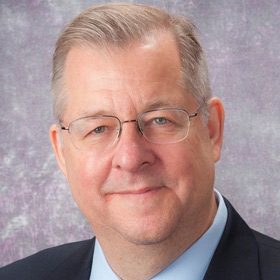
David Whitcomb, MD, PhD
ADVISOR
Professor David C. Whitcomb MD PhD is the Giant Eagle Foundation Professor of Cancer Genetics, a Professor of Medicine (with tenure), Cell Biology and Physiology, and Human Genetic and Director of the Precision Medicine Service at UPMC.
He is editor-in-chief of Clinical and Translational Gastroenterology, the top ranked open access gastroenterology and hepatology journal. Dr. Whitcomb leads active research teams focusing on pancreatic diseases, and provides an information service on pancreas-related issues to patients, physicians, and scientist through publications, lectures and contributions to Pancreas.org, and a quarterly patient newsletter, Pancreas Education and Research Letter (PEaRL). Professor Whitcomb’s research and discoveries resulted in a major paradigm shift in understanding inflammatory disease of the pancreas. His work on pancreatic diseases as a complex gene-environment disorder also resulted in major advances in a paradigm for personalized medicine (Nat Rev Gastroenterol Hepatol. 2012;9(7):418-24). Prof. Whitcomb graduated from Manchester University, North Manchester, Indiana, in 1978 with a BS in Biology/Chemistry. Continuing his education, he received a MS in Physiology in 1979, a PhD in Physiology in 1983, and an MD in 1985 all from the Ohio State University, Columbus, Ohio. He then completed a residency in internal medicine in 1988, followed by a fellowship in gastroenterology in 1991 at Duke University, Durham, North Carolina.

Steve Freedman, MD, PhD
ADVISOR
Dr. Steven Freedman is the Chief of the Division of Translational Research and Professor of Medicine at Harvard Medical School. He is Director of The Pancreas Center and is a worldwide leading expert on pancreatic disease and Cystic Fibrosis.
Dr. Freedman’s laboratory is translationally based with strong basic science and clinical research components. The two areas of focus are determination of 1) the mechanism(s) of inflammation in Cystic Fibrosis and chronic pancreatitis and 2) the mechanism and treatment of refractory visceral pain in these diseases.
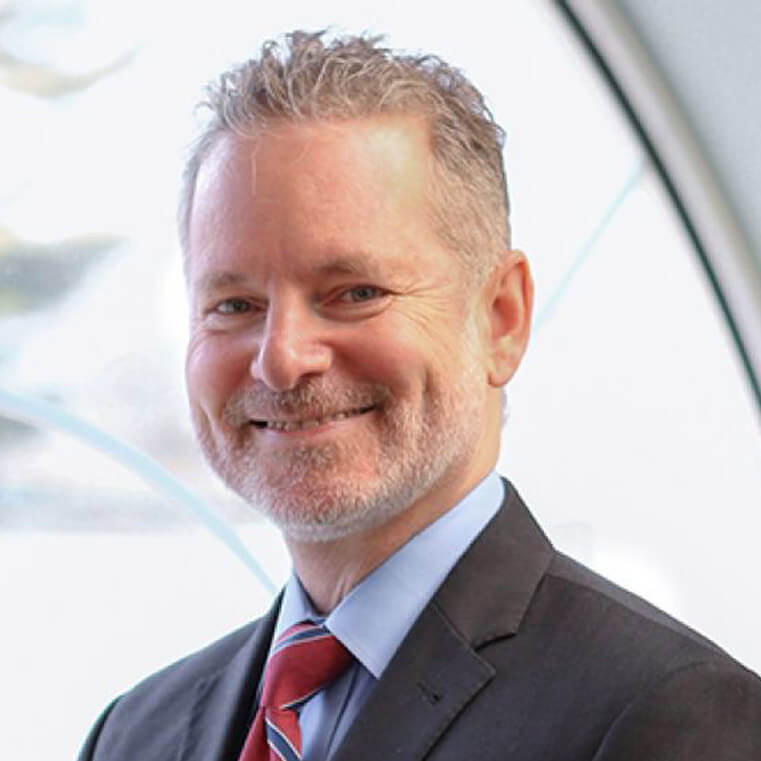
Nathaniel Katz, MD, MS
ADVISOR
Dr. Katz is a neurologist, pain specialist, masters-level statistician, former FDA advisory committee chair, and founder of Analgesic Solutions, a company focused on developing better methods for conducting clinical trials for pain treatments, which was recently acquired.
Currently, Dr. Katz is President of Ein Sof Innovation, a consulting entity focused on developing better treatments for pain.
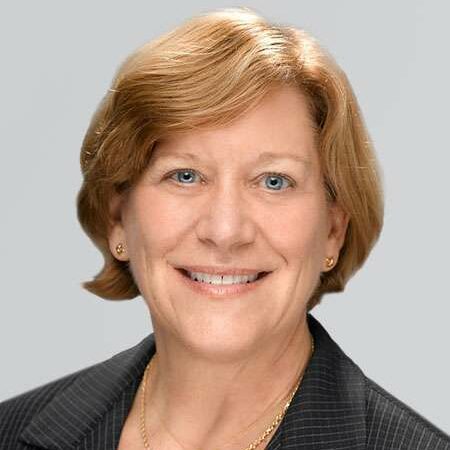
Lynn Matrisian, PhD, MBA
ADVISOR
Dr. Matrisian is the Chief Science Officer at the Pancreatic Cancer Action Network and has extensive experience in cancer research and clinical initiatives programs. Dr. Matrisian was the founding chair of the department of cancer biology in the School of Medicine at Vanderbilt University, the president of the American Association for Cancer Research (AACR) and a special assistant to the director of the National Cancer Institute at the National Institutes of Health.
She was elected to the AACR Academy, which recognizes and honors distinguished scientists whose major scientific contributions have propelled significant innovation and progress against cancer.

Emily Perito, MD MAS
ADVISOR
Dr. Perito is an Associate Professor at UCSF who specializes in the care of children with pancreatic and liver diseases. She is jointly appointed in UCSF’s Departments of Pediatrics and of Epidemiology and Biostatistics. At UCSF, she is co-director of the Pediatric Pancreas Program, which provides comprehensive, multi-disciplinary care for children and adolescents with all types of pancreatic disorders – including advanced endoscopy, pediatric pain management and mental health support, and TPIAT as needed.
She leads UCSF’s efforts in the INSPPIRE study of children with acute recurrent and chronic pancreatitis, and she serves on INSPPIRE’s Executive Steering Committee. Her clinical research, in both pancreatic and liver diseases, focuses on optimizing long-term health and quality of life for children living with these disorders.

Nicholas J. Schork, PhD
ADVISOR
Dr. Schork is Deputy Director and Distinguished Professor of Quantitative Medicine at The Translational Genomics Research Institute (TGen) in Phoenix, AZ. Dr. Schork is also Adjunct Professor of Population Sciences as well as Molecular and Cellular Biology at City of Hope, and an Adjunct Professor at the University of California San Diego, Scripps Research, and the Providence St. Johns Health Center.
Dr. Schork has published over 550 articles in many areas of biomedical and translational science, including articles describing integrated approaches to disease diagnosis, treatment, and prevention as well as clinical trials design. Dr. Schork is a Principal Investigator for the NIA-funded Longevity Consortium as well as the Integrated Longevity OMICS initiative, whose goals are to identify and characterize factors that contribute to human longevity.
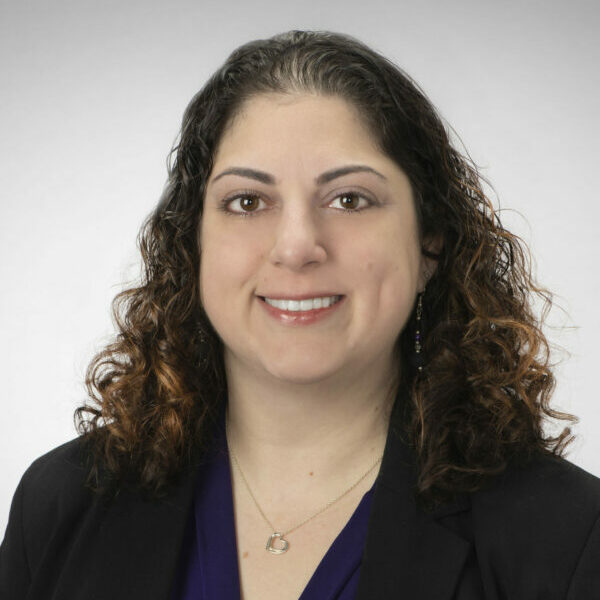
Jami Saloman, PhD
ADVISOR
Dr. Saloman’s lab focuses on pancreas neurobiology. Current research involves the use of established animal models as well as the development of novel rodent and nonhuman primate models of pancreatitis and pancreas disease-related pain.
Dr. Saloman’s lab is also highly involved in translational research utilizing data and biospecimens from patients with pancreatitis in order to identify novel biomarkers and therapeutic targets to improve clinical standards of care and patients’ quality of life.